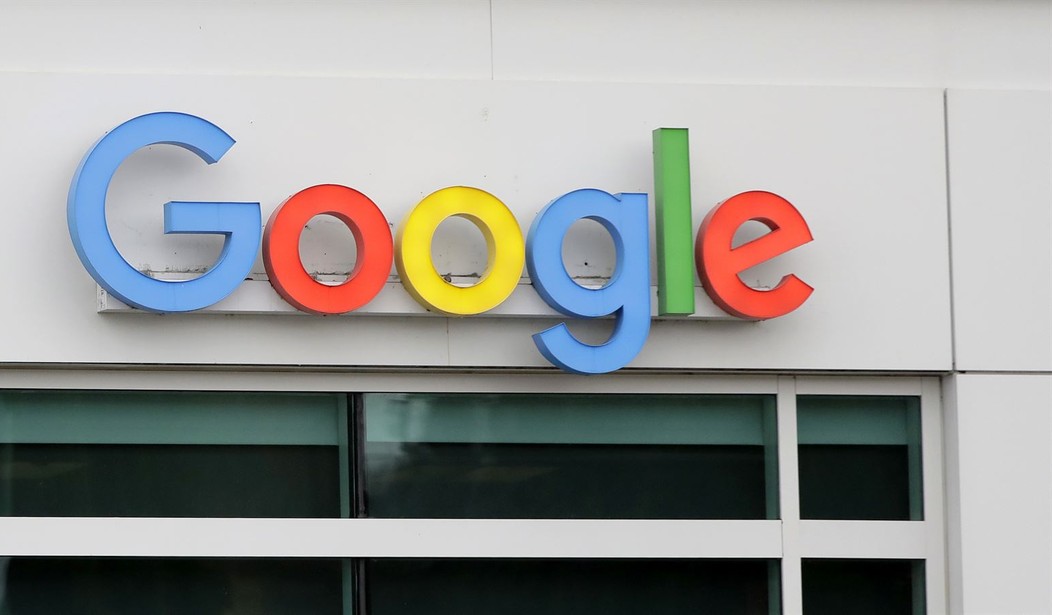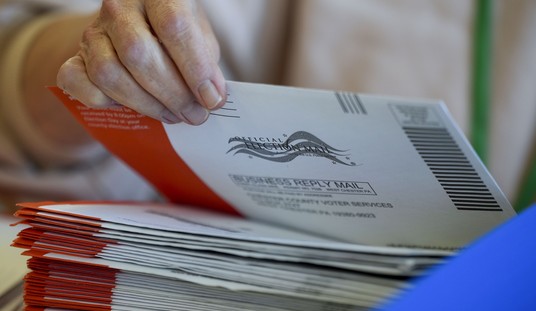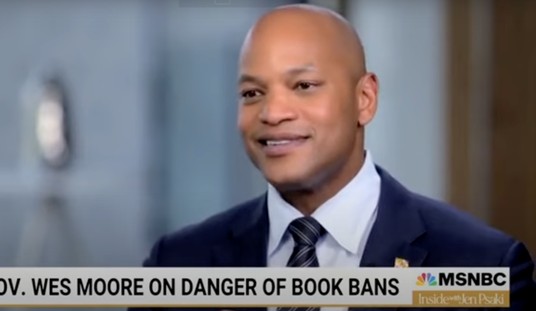Courts typically determine what company is a “monopoly,” and therefore deserves additional regulation, based on the standard of consumer harm. Unfortunately, two bills scheduled for a House floor vote this week would seek to change this standard in an attempt to break up big tech companies, but they would harm consumers rather than protect them. If enacted, they would lead to textbook cases of unintended negative consequences by reducing consumer choice, including making products and services more expensive and less accessible.
After years of threats to break up Big Tech, Congress followed through earlier this month in the U.S. House, introducing five regulatory bills aimed at limiting the power and size of tech companies like Amazon, Apple, Facebook, and Google.
Two of the most concerning bills would particularly harm consumer choice, thePlatform Anti-Monopoly Act introduced by House Judiciary Antitrust Subcommittee Chairman Rep. David Cicilline (D-R.I.) andEnding Platform Monopolies Act by Rep. Pramila Jayapal (D-Wash.). They would restrict competition and stifle innovation by limiting the lines of business in which the platforms can compete.
Both bills dictate how tech companies can run their business, eliminating the common practice of vertical integration, referred by critics as “self-preferencing,” which allows companies to provide their own products and services on their platforms, and at a better price for consumers. This practice exists commonly across many industries.
For example, Safeway’s Signature Select line of products, like ice cream and tomato sauce, compete with branded versions on their shelves and typically come at a reduced price. This bill would end this practice on certain“covered platforms.”It could prohibit Amazon from selling its AmazonBasics 20-pack batteries, for example, which cost about29%percent less than the same Energizer brand batteries Amazon also offers. These higher prices harm all shoppers, though women particularly, who make up more than half of consumer purchasing decisions on everything from diapers and groceries to furniture and appliances.
Recommended
By banning vertical integration, tech companies would be denied the ability to make basic business decisions, for example Apple pre-installing its apps on iPhones. This would result in less innovation, less variety, and higher prices for consumers.
Lawmakers are seeking to deem companies owning a platform and operating in that same platform to have an “irreconcilable conflict of interest” and require those business lines to be separated to avoid any favoritism. But in practice, this means potentially banning everything from cross-posting on Facebook and Instagram to Google Maps populating in Google search results and YouTube videos populating in Google search results. This results in harm to consumers, including inconveniencing us, hurting productivity, and wasting precious time.
In an Orwellian fashion, our Congressional overlords would apply a “public interest" standard to the question of whether a tech firm’s ownership of other lines of business creates an "irreconcilable conflict of interest," that would require breaking a business into smaller parts, a practice called divestiture. The bureaucrats in Washington believe they know what is best for consumers. We don’t know what their standard of “public interest” is in this particular context because it's never happened before.
The public interest standard has been described in Federal Communications Law Journal as "vague to the point of vacuousness, providing neither guidance nor constraint on the agency's action." This would basically allow the FTC to do whatever it likes after a perfunctory hearing.
The proposals marked up this week could also force third-party sellers out of online stores and deprive hundreds of thousands of small businesses the visibility and ease of transactions offered by marketplaces.
These bills seek to apply the type of “nondiscrimination rules” modeled after the European Commission’s Digital Markets Act. Anytime Washington wants to make us more like Brussels, Americans’ alarm bells should start clanging. There’s a host of regulatory reasons why the miracles of Silicon Valley happened in America and not Europe. Why would we want to give up our global comparative advantage, especially as China continues to rise?
Conservatives are understandably angry with how Big Tech companies have treated conservative perspectives on their platforms. However, these antitrust bills do nothing to address this problem. Instead they create a host of other headaches. Lina Khan, the Biden administration’s new FTC chair, has been highly supportive of cracking down on “disinformation” distributed on tech platforms. It’s easy to see this new regulatory push being used to justify removing content—e.g. in practice, conservative-leaning content—from online marketplaces and forums.
In addition, as a former small business owner who sold my company in 2019, I’m particularly bothered that these proposals would hurt small businesses and entrepreneurs hoping to find an acquisition partner by limiting the range of potential buyers. This further harms innovation and slows their growth. That is definitely not in the public interest.
Carrie Sheffield is a senior fellow at Independent Women’s Forum.
























Join the conversation as a VIP Member